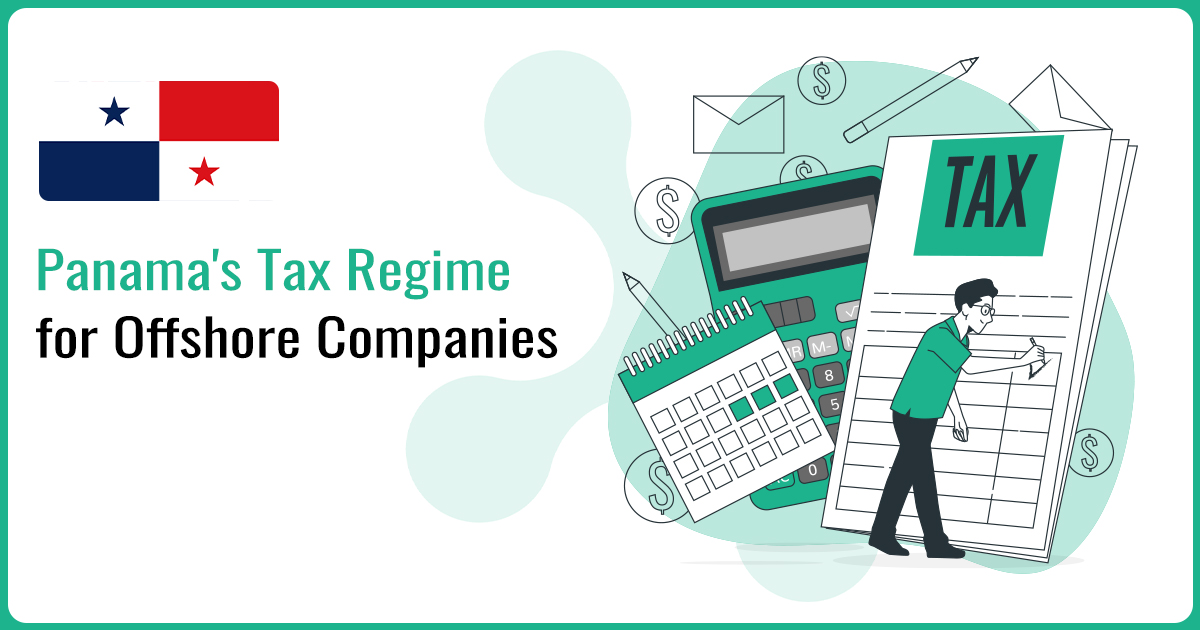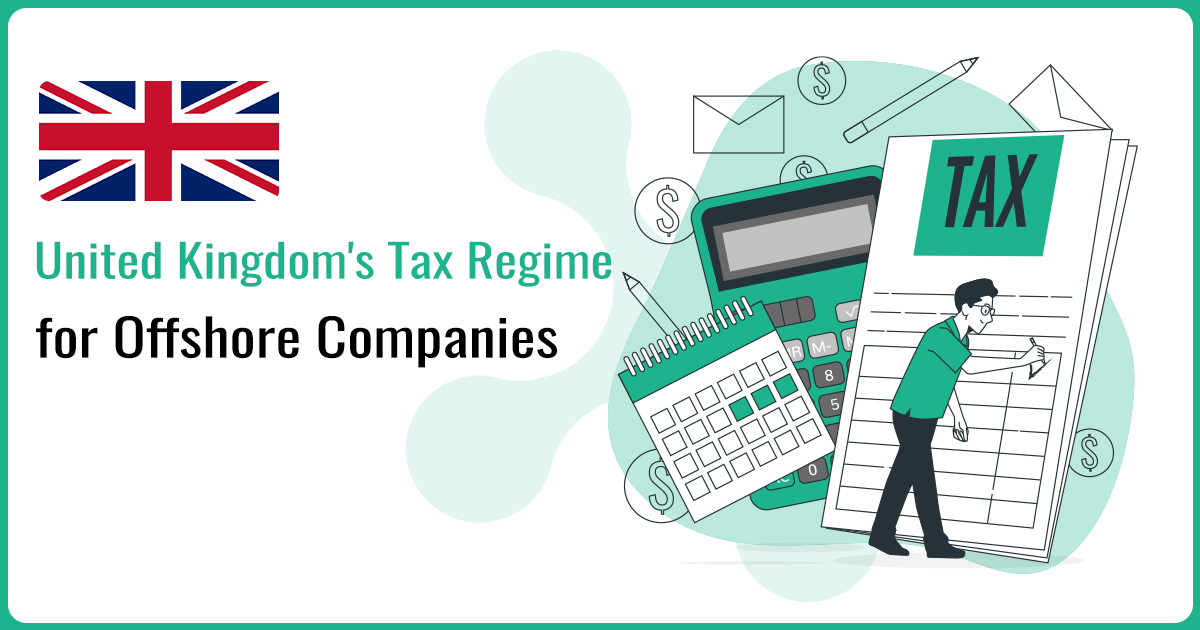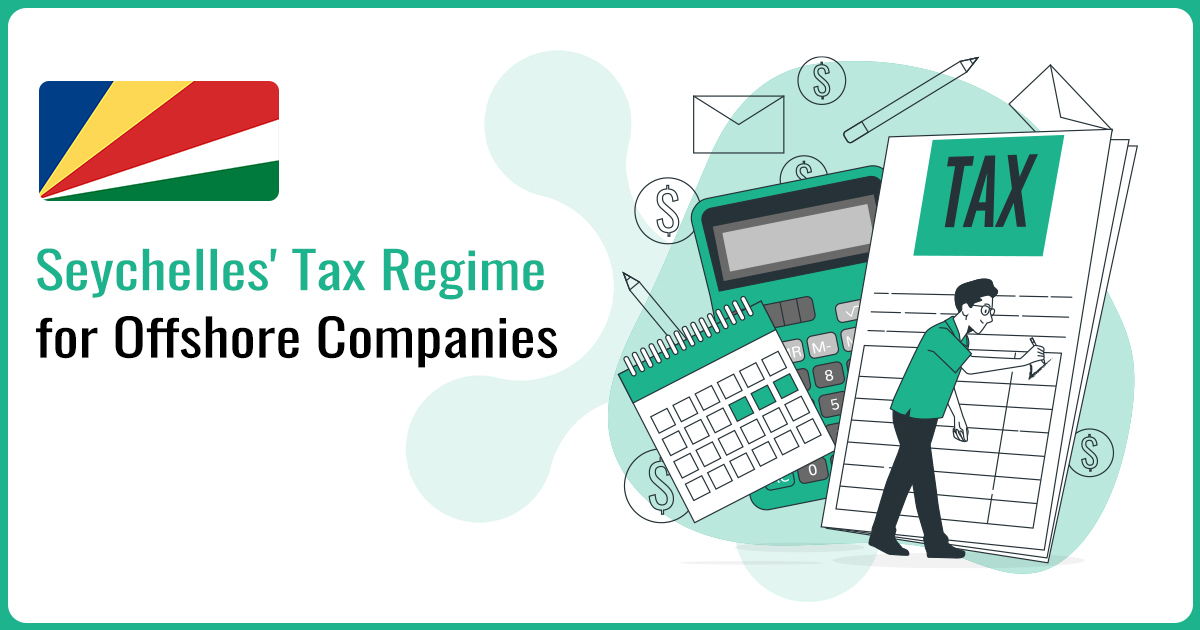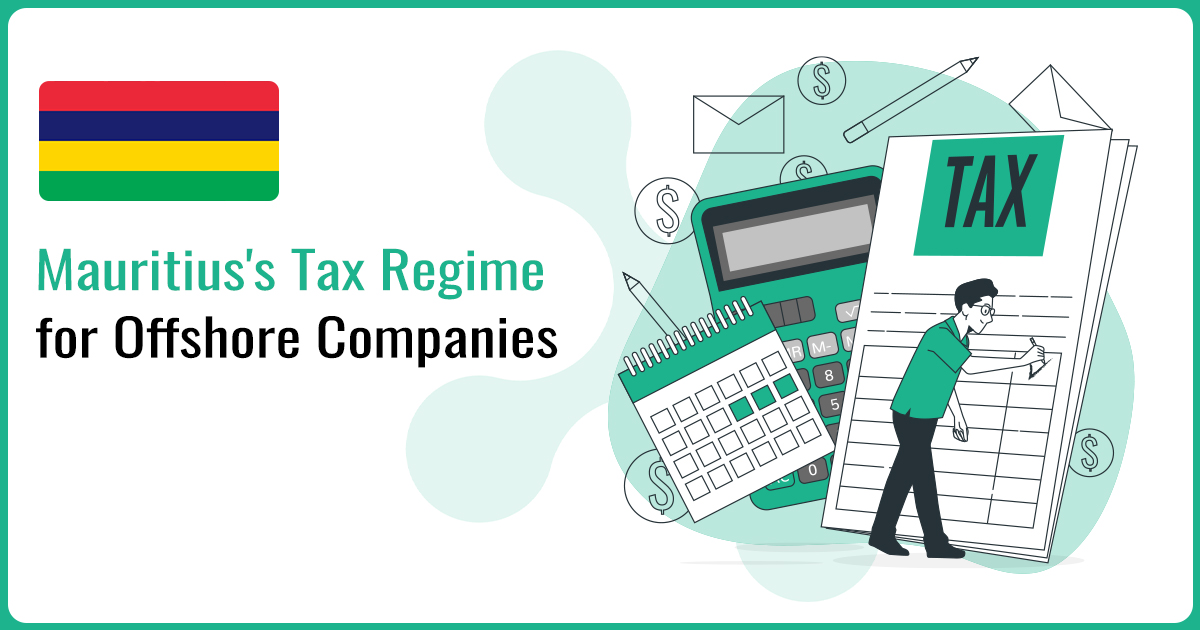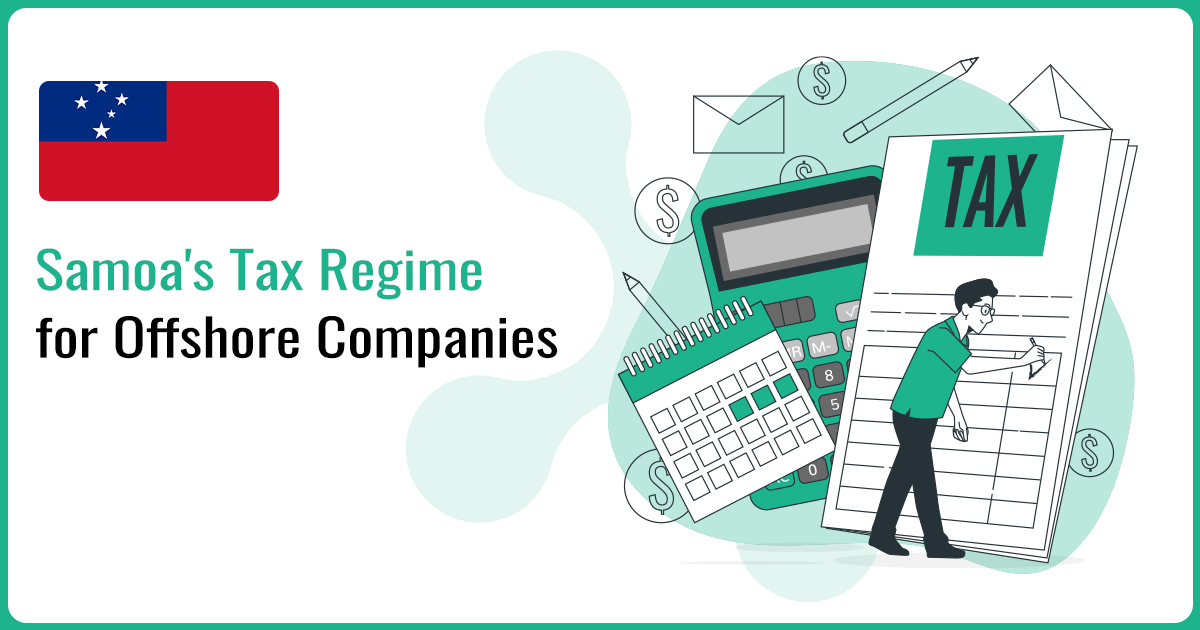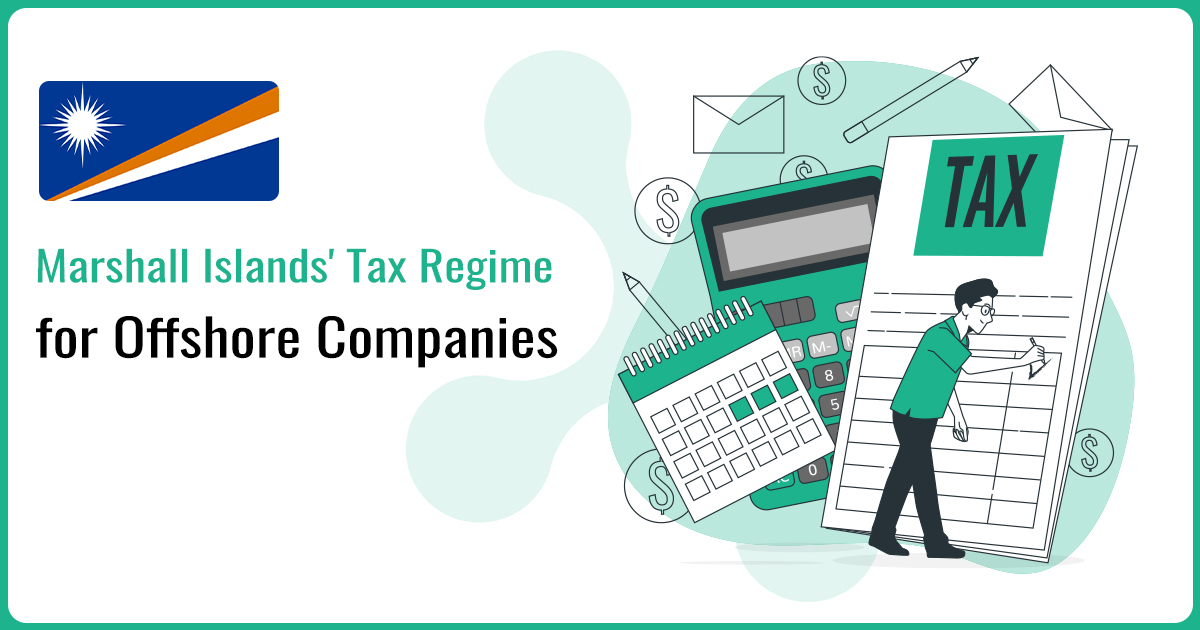Panama has long been recognized as a leading jurisdiction for offshore company formation, offering a favorable tax environment and a strategic location at the crossroads of the Americas. The country’s legal framework and tax policies are designed to attract international businesses while ensuring compliance with global standards. This article provides an overview of the key aspects of Panama’s tax regime for offshore companies, with a focus on the relevant laws.
Territorial Tax System: The Fiscal Code of Panama
Panama operates under a territorial tax system, which means that only income generated within Panama is subject to taxation. This principle is enshrined in the Fiscal Code of Panama. For offshore companies, this means that income earned from activities outside of Panama is not subject to Panamanian taxes, making it an attractive jurisdiction for businesses with international operations. This tax exemption applies to all forms of foreign-sourced income, including dividends, interest, royalties, and capital gains.
No Corporate Income Tax on Foreign-Sourced Income: The Commercial Code of Panama
Under the Commercial Code of Panama, offshore companies are not required to pay corporate income tax on income earned outside the country. This is a significant benefit for companies that engage in global trade, services, or investment activities, as it allows them to operate tax-free in Panama as long as their income is sourced from outside the country. This tax policy is one of the key reasons why Panama is a favored destination for offshore company formation.
No Withholding Tax on Foreign Payments: The Tax Code of Panama
Panama does not impose withholding taxes on payments made to non-residents, including dividends, interest, royalties, and other forms of income. This is governed by the Tax Code of Panama. Offshore companies can distribute profits to shareholders or pay interest on loans without any deductions for taxes, which enhances the tax efficiency of their international business operations.
No Capital Gains Tax on Foreign-Sourced Income: The Fiscal Code of Panama
Under the Fiscal Code of Panama, offshore companies are exempt from capital gains tax on profits derived from the sale of assets located outside of Panama. This includes the sale of shares, real estate, and other investments. This tax exemption makes Panama an ideal jurisdiction for holding companies and investment firms that wish to maximize their returns on international investments without facing capital gains tax.
No Estate, Inheritance, or Gift Taxes: The Civil Code of Panama
Panama does not impose estate, inheritance, or gift taxes, as per the Civil Code of Panama. This provides substantial benefits for offshore companies and their owners, particularly in terms of wealth and asset transfer. Business owners can transfer ownership of their companies or assets to heirs or other beneficiaries without incurring additional tax liabilities, which is advantageous for long-term estate planning.
Confidentiality and Privacy: The Law on Corporations (Law No. 32 of 1927)
Panama has strong laws ensuring the confidentiality and privacy of offshore companies. The Law on Corporations (Law No. 32 of 1927) mandates that the identities of shareholders, directors, and officers of Panamanian corporations do not have to be publicly disclosed. This confidentiality is a significant draw for businesses seeking privacy in their operations. While Panama complies with international standards on anti-money laundering and transparency, it still offers a degree of privacy for legitimate business activities.
Flexible Corporate Structures: The Law on Corporations (Law No. 32 of 1927)
The Law on Corporations provides a flexible framework for the establishment of various types of corporate entities in Panama, including corporations (Sociedad Anónima), foundations, and limited liability companies (LLCs). These entities can be tailored to meet the specific needs of businesses, whether for holding assets, conducting international trade, or managing investments. The law also allows for the issuance of bearer shares, although these must now be held by an authorized custodian as per international regulations.
Conclusion
Panama’s tax regime, supported by laws such as the Fiscal Code, the Commercial Code, and the Law on Corporations, offers a highly favorable environment for offshore companies. The territorial tax system, absence of corporate income tax on foreign-sourced income, no withholding or capital gains taxes on international transactions, and strong confidentiality laws make Panama an attractive jurisdiction for international businesses. For companies seeking to maximize tax efficiency while maintaining privacy and flexibility, Panama presents a compelling option.


